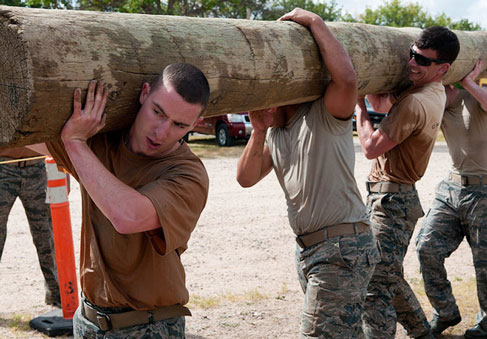Your team wins when you have a good attitude, manage your emotions, and care about your teammates. But your team can break down, especially when members let their talents or controlling ways interfere with reaching team goals.
What individual traits make a team stronger?
Managing your emotions can make you a better teammate, unite your group, and help your team thrive. People who deal with their emotions well are often good “team players” because they tend to listen openly to other points of view. And they’re less likely to feel threatened when wrong.
With emotions in check, you’re more likely to be cooperative and open to resolving conflict, instead of avoiding it. Just one team member with a negative outlook can affect the whole team, while those with a “can do” attitude can improve atmosphere and team performance.
What individual traits break down a team?
Teammates rely on each other for the team’s overall success, but those with too much talent can break down a team. Teams don’t function well when talent—from one or a select few—dominates the group.
That’s why cohesiveness is essential to solid teamwork. If individuals try to dominate, unity breaks down and can cause arguments over authority. Teams become weaker when members are more concerned with advancing themselves and undermining their teammates, interfering with reaching the common goal.
How do your traits impact your unit? How do they affect your family? Learn how to become a more effective team member—at work and home.
